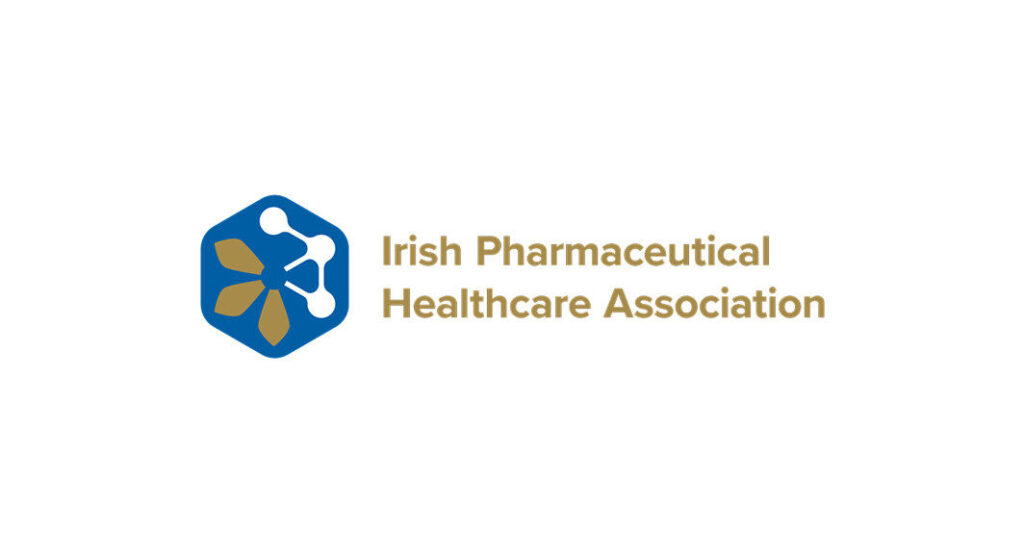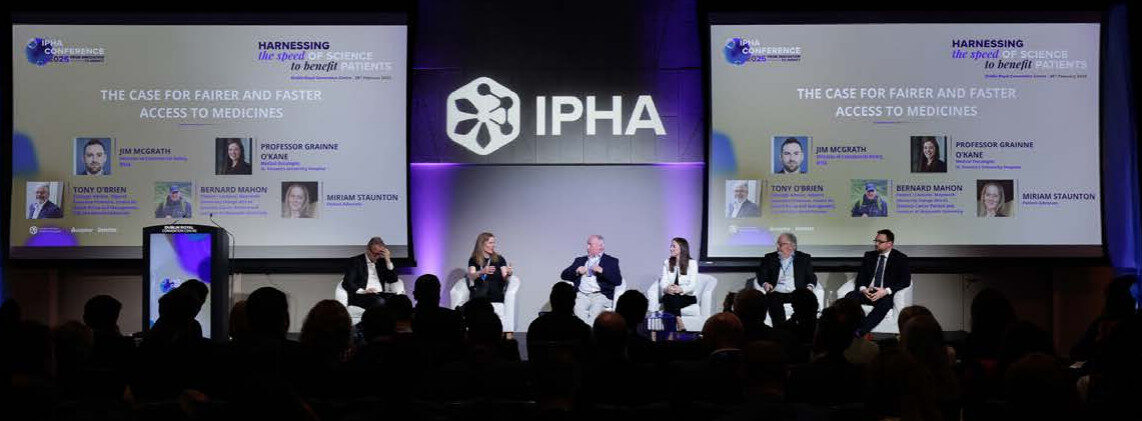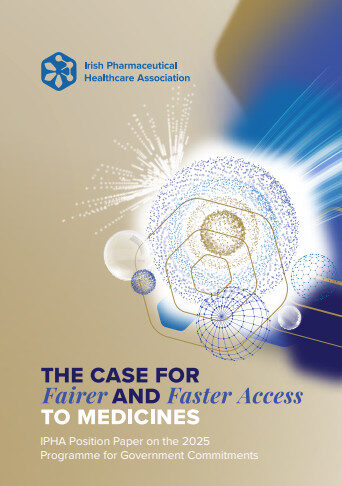Home » IPHA launch Faster and Fairer Access to Medicines

‘Harnessing the Speed of Science to Benefit Patients’ was the theme for this year’s Irish Pharmaceutical Healthcare Association (IPHA) Conference which was held on 26 February in the Dublin Royal Convention Centre and was sponsored by Uniphar and Deloitte. The event, which was attended by over four hundred delegates, heard from patients, policymakers, healthcare professionals and innovators on how the rapid evolution in science can benefit patients, the wider healthcare system and the economy, but only if these cutting-edge treatments can be accessed quickly, fairly and effectively.

The conference was opened by Minister for Health, Jennifer Carroll MacNeill TD, who signified her willingness to listen to industry, to learn and to find creative solutions together. Throughout the day, those in attendance heard personal stories from patients and clinicians on why faster and fairer access to medicines is needed in Ireland. They also heard about why we need to attract more clinical trials, which need to become the standard practice of care for all patients in Ireland. The drive towards European competitiveness has never been more relevant and this was addressed by Giulia del Brenna, Head of Unit for Food, Retail and Health in the European Commission’s Directorate-General for Internal Market, Industry, Entrepreneurship and SMEs in Brussels. Rounding off the day’s proceedings was a discussion on the Programme for Government’s commitment to establish a National Life Sciences Strategy for Ireland and how we can learn from other countries such as Denmark and the UK, where a strategy has been in place for quite some time. During the evening, attendees were inspired by stories from three homegrown innovators who showcased the incredible innovation that is happening right here in Ireland, which will impact future generations.

IPHA President Shane Ryan, IPHA Vice President Caitriona Duggan and IPHA Chief Executive Oliver O’Connor, with Minister for Health, Jennifer Carroll MacNeill.
On the morning of the conference, IPHA published a position paper on the 2025 Programme for Government commitments, which makes the case for Faster and Fairer Access to Medicines. This paper, which for the first-time measures access to medicines timelines against the Health (Pricing and Supply of Medical Goods) Act 2013, finds that patients in Ireland continue to wait almost two years to access new life-enhancing medicines. While welcoming commitments by the new Government, in this paper IPHA offers a way forward to reform the system and provide patients with the care they deserve.

The first panel of the day delved into the detail of this paper and the consequences of slow access to medicines for patients. Following a presentation of the key findings by Jim McGrath, IPHA Director of Commercial Policy, attendees heard insights from two patients — Miriam Staunton and Bernard Mahon — along with Prof. Grainne O’Kane, Oncologist and Tony O’Brien, former Director General of the HSE.
This discussion looked at how faster and fairer access to new life-enhancing medicines is essential because patients in Ireland are currently not getting the same treatment that is available in other countries, or indeed available to private patients here in Ireland, as both Ms Staunton and Mr Mahon experienced. Prof. Grainne O’Kane explained how she often finds herself in the difficult position of not yet being able to prescribe a new medicine, which she knows could improve the healthcare outcomes for her patient.
“Throughout the day, those in attendance heard personal stories from patients and clinicians on why faster and fairer access to medicines is needed in Ireland.”
These personal stories accentuated the findings from the IPHA paper, which analysed 88 IPHA medicines reimbursed from 2022-2024. According to this research:
Based on these figures, it is clear that the reimbursement system needs to be resourced, governed and designed to operate within the legal 180-days timeline set by the Oireachtas in the Health Act 2013. Operating within this timeframe will speed up access for patients by a year or more. IPHA are not calling for a change to the law but rather reform of the system to ensure all parties involved adhere to the legislation. This can be achieved by incorporating and adopting the ‘Five Key Principles’ of mutual commitments in the Framework Agreement, due for negotiation in 2025.
These principles, if adopted, could improve patient care, allow for more productive partnerships and improved health system functioning and will fulfil the commitments in the Programme for Government for faster access to innovative medicines.
Collectively, pharmaceutical companies and the HSE, along with Government support, can create a system that delivers fairer and faster access to new medicines, within the Health Act 2013, and provide patients in Ireland with timely access, ‘as quickly as possible’, to the treatment they need.
According to Oliver O’Connor, IPHA Chief Executive, “A year can make a big difference in a patient’s life. In the normal course of events, if the Irish system adhered to the legislation, patients in Ireland could access new medicines within a year rather than, on average, nearly two years after an application for reimbursement, and longer for many cancer and rare disease medicines.”
Mr O’Connor continued, “We now have an opportunity, together, to effectively reform the system and meet the goal of faster and fairer access to new medicines for patients in Ireland. We welcome positive steps introduced in recent years by the Minister for Health such as the use of ‘indicative timelines’ by the HSE. The Programme for Government commitments to review the medicines reimbursement process and to implement the Mazars Review recommendations further builds upon this recognition that patients in Ireland deserve better.”
Mr O’Connor concluded, “A new Framework Agreement on the pricing and supply of medicines between IPHA and the State is due to be negotiated in 2025. IPHA is proposing ‘Five Key Principles’ of mutual commitments to be included in the Framework Agreement. If adopted, these Principles will improve patient care, allow for more productive partnerships, improve health system functioning and will fulfil the commitments in the Programme for Government for quicker access to new innovative medicines.”
Read the paper Faster and Fairer Access to Medicines, at ipha.ie/access.
Eimear O’Leary

Director of Communications and Advocacy, IPHA
Highlighted Articles